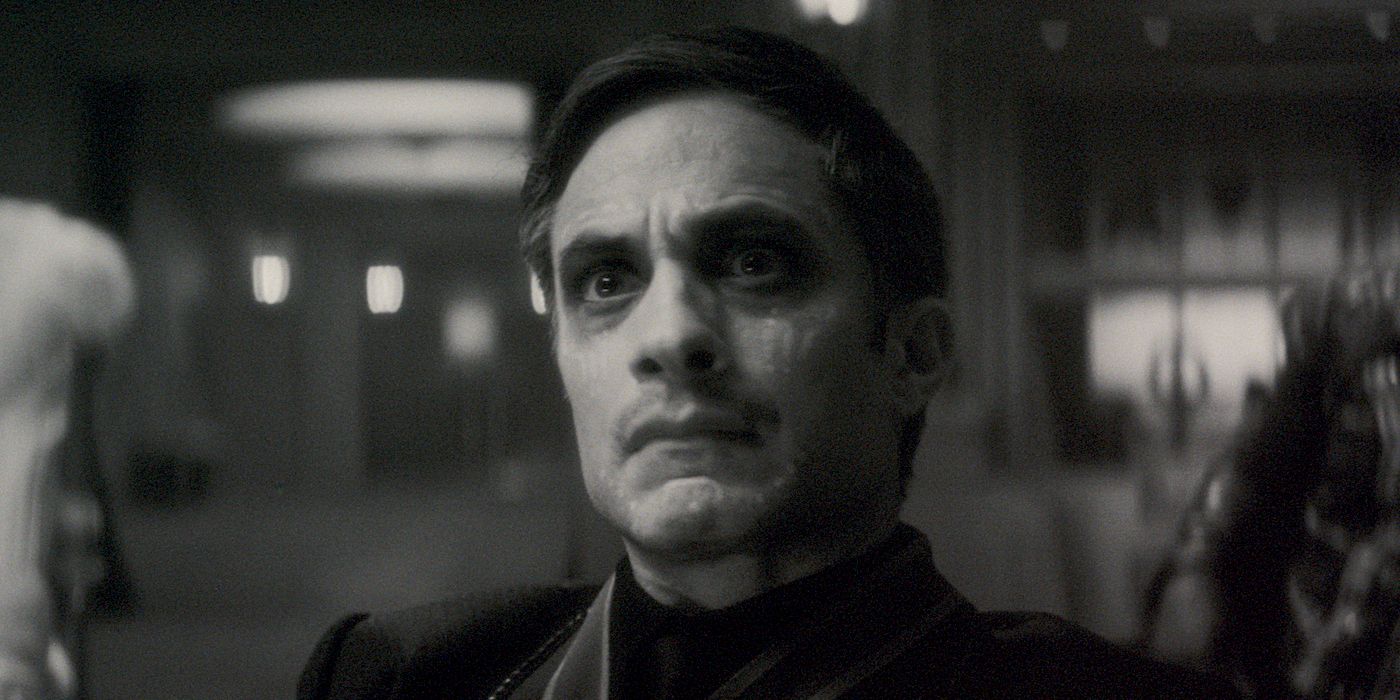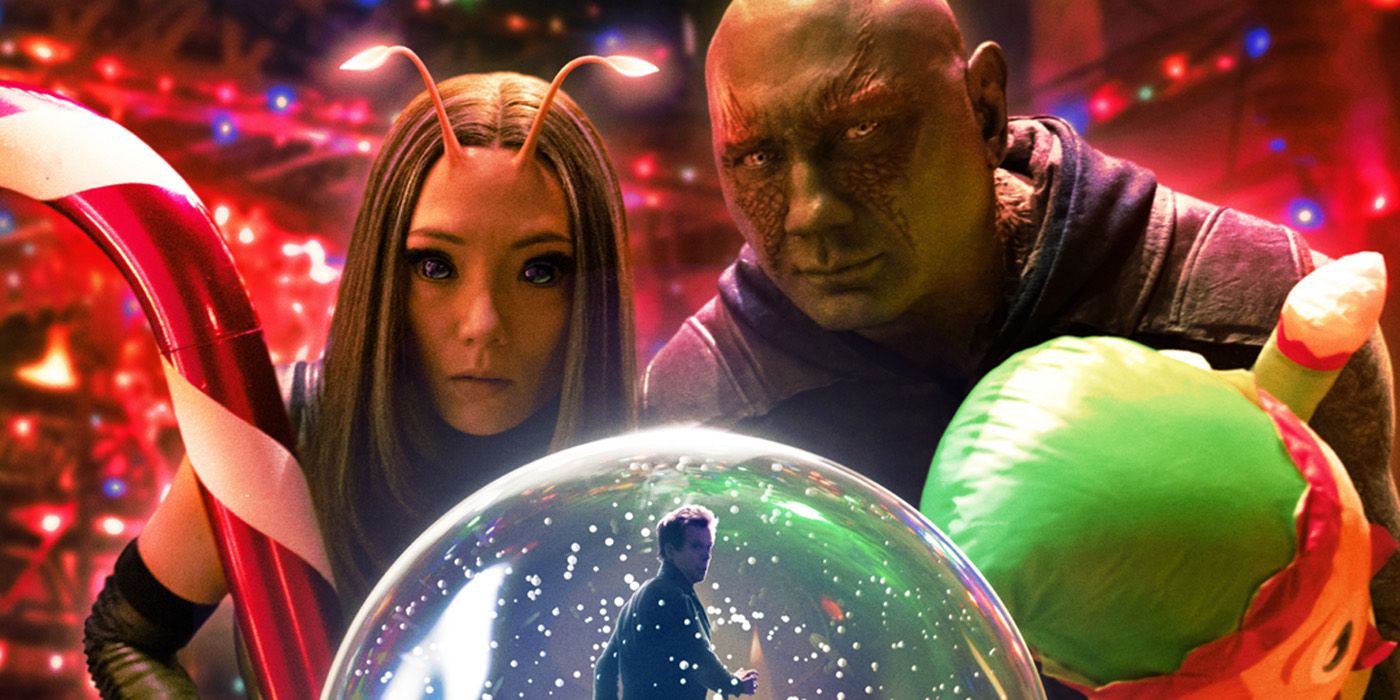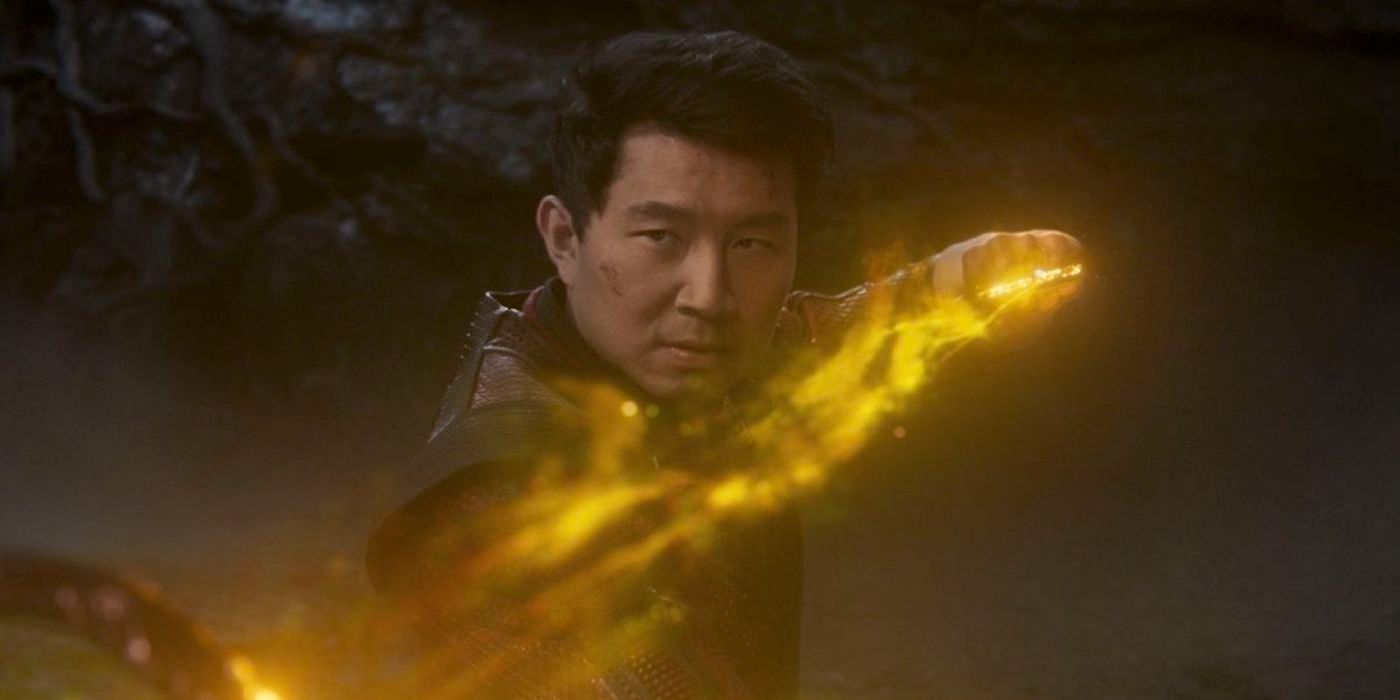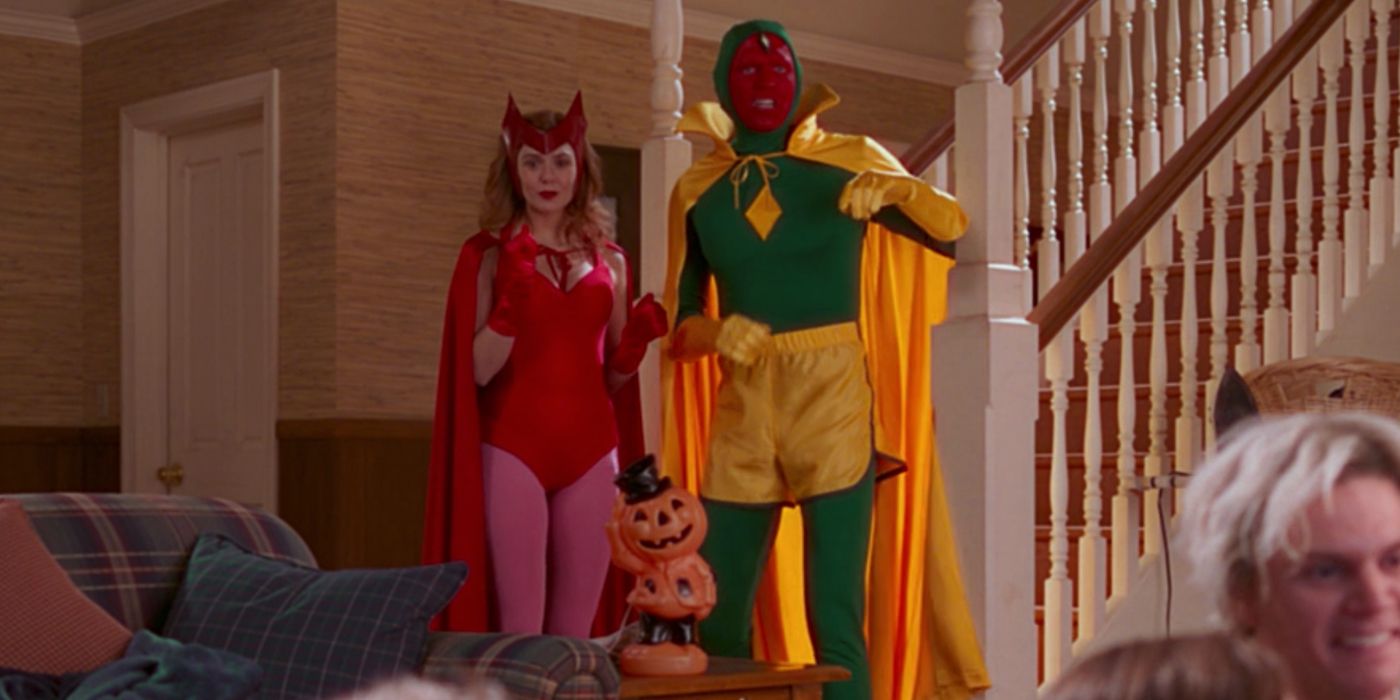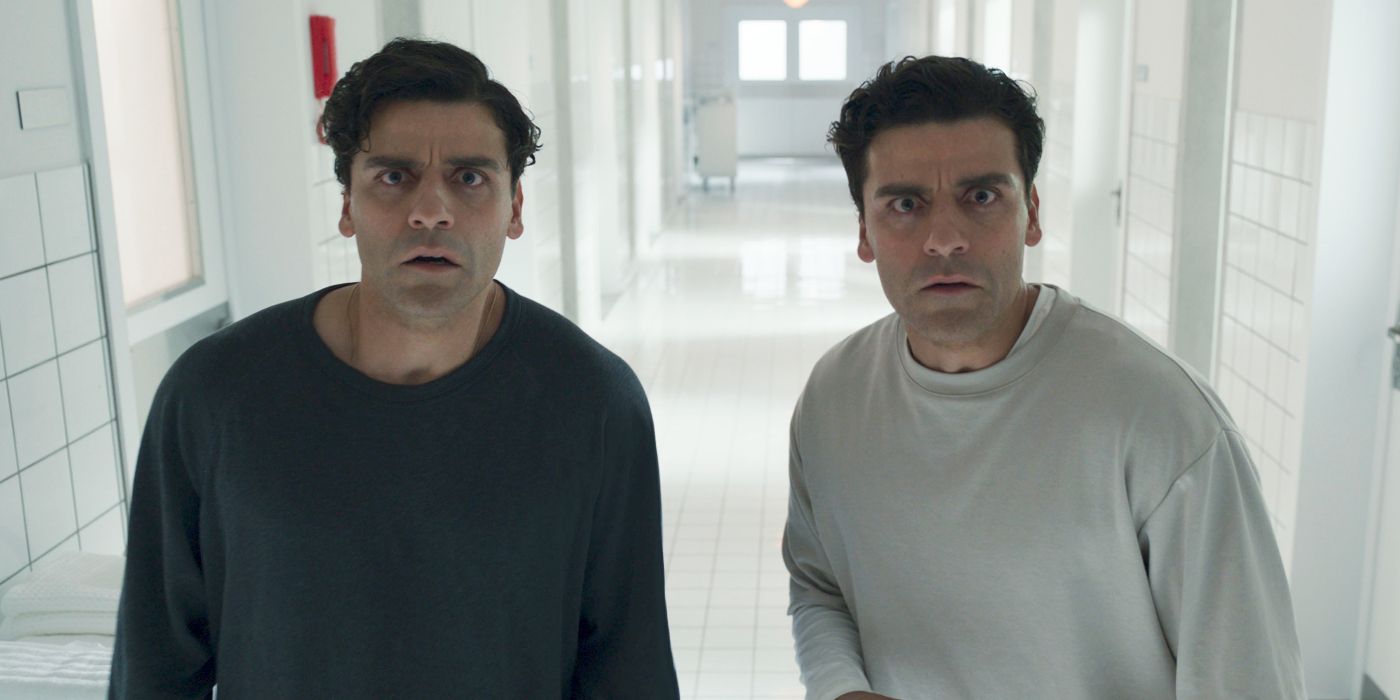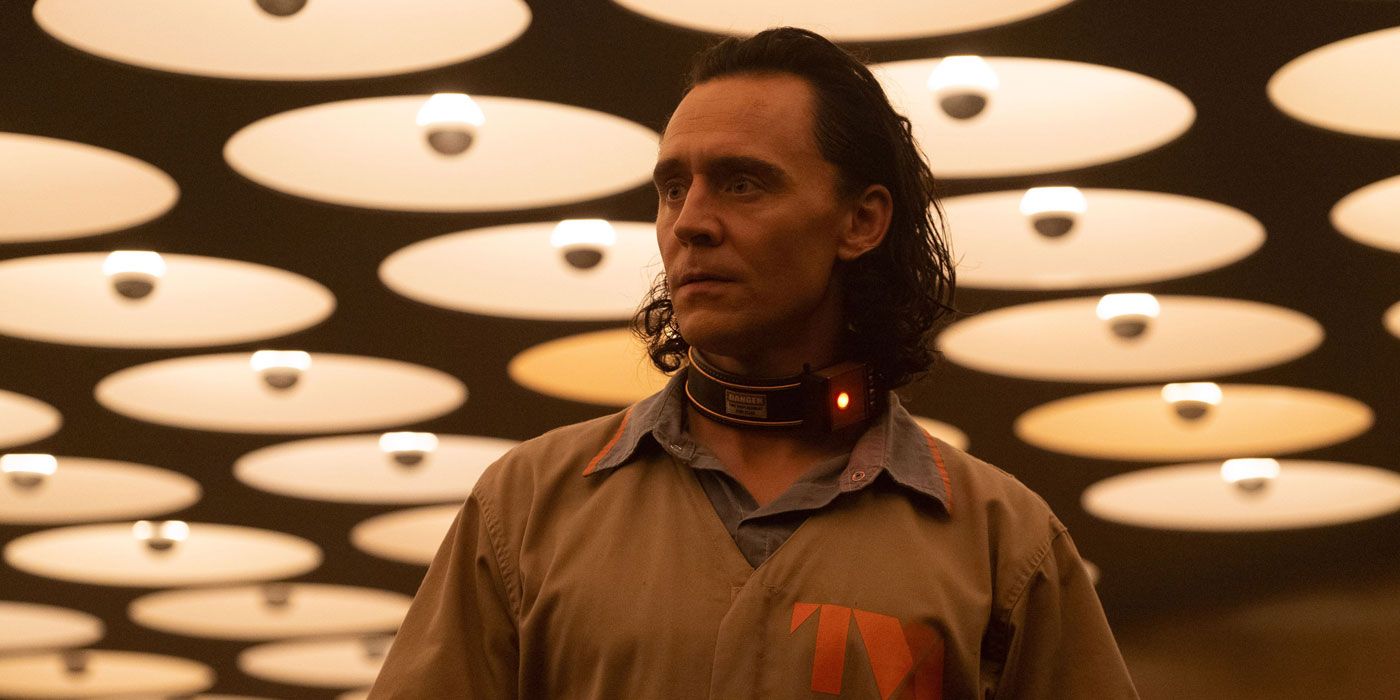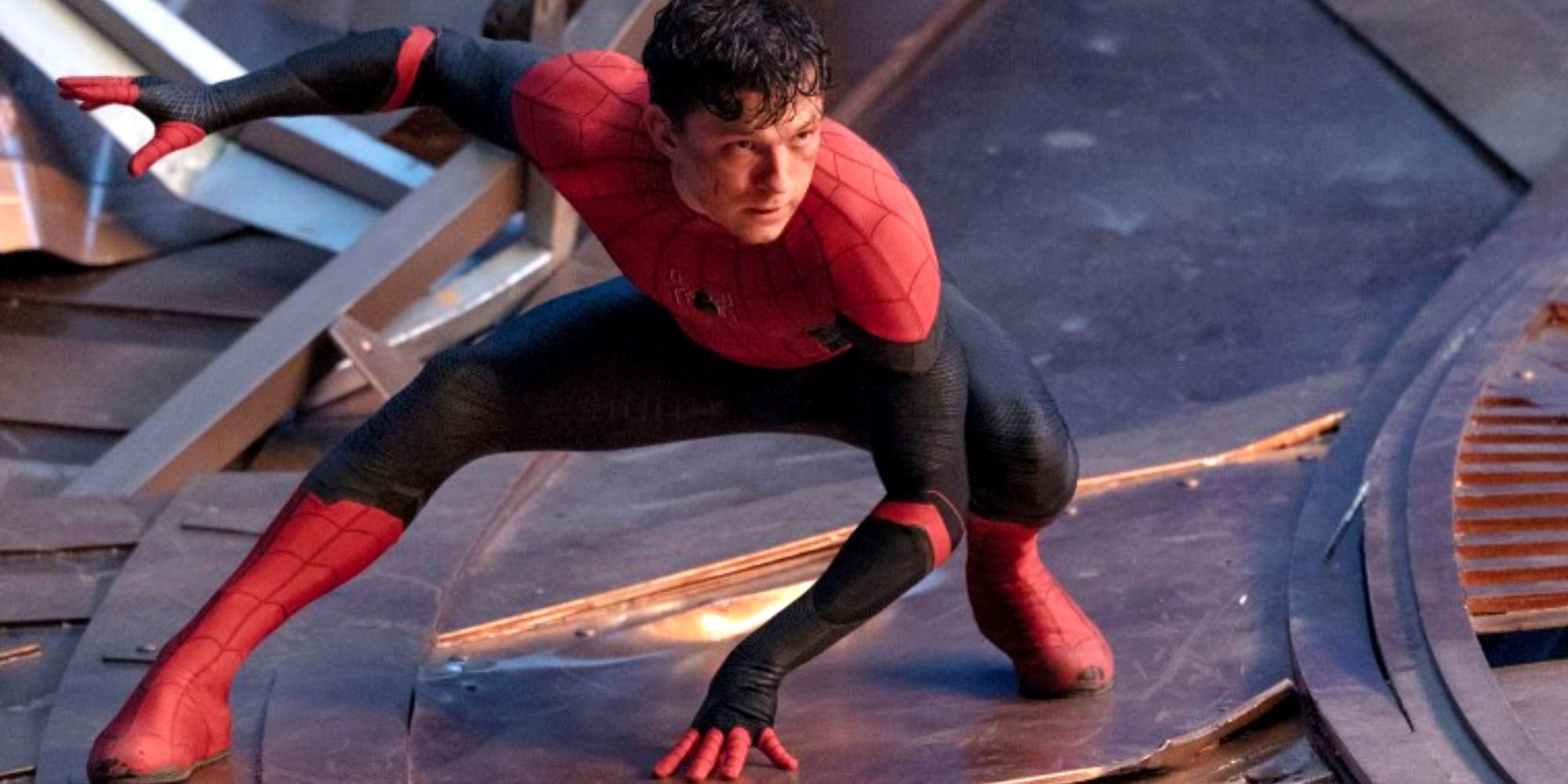Phase 4 has shaped to be the most wildly divisive and bold of any MCU phase thus far, which stands to reason since it had a daunting task ahead of it from the minute it started. The explosively conclusive Avengers: Infinity War and Avengers: Endgame capped off pivotal stories and characters that kick-started the entire Marvel Cinematic Universe as we know it and set a new precedent in scale and spectacle for all that comes after it. Phase 4 not only has had to showcase the fallout of the Infinity Saga and bring the narrative universe back to square one, but also build brick-by-brick a story that promises to be even more grand with the Multiverse Saga.
Between exploring the daring world of long-form streaming series to its familiar home on the big screen, Marvel Studios has been able to build on the value of its brand and the trust of its fans to explore a wider variety of stories, characters and styles than they ever had before while still maintaining the blockbuster likability they have also had since the first Iron Man.
Here is all of Marvel Studios' phase 4 (so far) ranked!
18 Eternals
Eternals should have been a mini-series. While Marvel has built itself on the power of its worldbuilding, the film drops a sizable truckload of characters, lore, and backstory into the laps of its audience and hopes it all gels together into a comprehensive whole. Unfortunately, it barely survives by the skin of its teeth in a film that is overly concerned with establishing a further expansion of the MCU over telling a concise narrative. For a history and pantheon of heroes as rich as Jack Kirby’s original comic creation, Eternals fumbles as a film by trying to cram as much exposition and character into its bloated runtime, resulting in a thin plot. Films like Doctor Strange and Guardians of the Galaxy succeeded in opening new cosmic doors of the Marvel Universe by keeping the stories tightly focused and the relatable human element present. Eternals spends most of its runtime explaining the grandeur of its own story and how divorced from humanity its godlike cast is. Ironically, the story’s ambition is what holds it back in a filmic structure, and vice versa. The dramatic conflict of a centuries-long saga and the fallout amongst the team are certainly present and executed well in the time permitting, but the inconsistent pacing and clunky editing ultimately rob the story of its impact. Of all the MCU properties to be given life as series streaming on Disney+, Eternals would have greatly thrived across multiple episodes to give the characters and their story the focus they deserved and sorely lacked in the film.
17 Thor: Love and Thunder
What made Thor: Ragnarok such a pleasant surprise was how it subverted every expectation set by the previous two Thor films. Director Taika Waititi’s masterful balance of heart, comedy, and action made Ragnarok a landmark film in the MCU’s Phase 3 and a soft-tonal reboot for the series. In Phase 4, the refreshing surprises of Ragnarok carry over into the greatest weaknesses of Thor: Love and Thunder as Chris Hemsworth’s fourth solo outing as the God of Thunder feels tiring and overly familiar. Love and Thunder feels more like a follow-up companion film to Ragnarok than a continuation of Thor’s story as it employs every expectation set by Ragnarok with little new surprises and plays close to the vest in what has already been accomplished in other Thor adventures without feeling fresh or original.
The comedy that made Ragnarok so endearing is amplified tenfold in Love and Thunder to a degree that borders on annoyance and very quickly overstays its welcome in what felt like a mandate for more jokes per capita. Thor’s arc, while a noble exploration of what makes one worthy of love, cheapens the amount of growth that character has accrued over his 11-year stance in the MCU. Christian Bale as Gorr the God Butcher is easily the standout as he is able to ably blend drama, comedy, and sympathy into a single performance the film is arguably not deserving of. Thor: Love and Thunder is harmless enough for a fun time in the MCU, but is played far too safe compared to where Thor’s story could have gone after Endgame.
16 Black Widow
Black Widow‘s biggest setback is its sense of timing. Apart from being delayed numerous times due to development troubles and the COVID-19 pandemic, a solo film for Scarlett Johansson’s epitomic superspy, who was last seen sacrificing herself for the Soul Stone in Endgame, can’t help but feel like a step backward in more than one sense. Set after the events of phase three’s Captain America: Civil War, Black Widow follows Natasha Romanoff as she attends to deadly unfinished business from her past. As an MCU film, it at first comes off as a mid-tier solo adventure that feels more like standard Marvel than what fans were anticipating to see after the revolutionary Endgame. Being a solo film for one of the original six Avengers only now coming out years after the fact, Black Widow may feel like too little too late. Despite this, Black Widow greatly succeeds as a solid action-thriller that delivers tenfold on what made the character and her backstory so engaging. The film explored more of Romanoff’s past that had been teased in previous films, introduced her surrogate spy-family in the form of Florence Pugh, David Harbour, and Rachel Weisz, and set the screen ablaze with some of the most viscerally intense action scenes ever to feature the Avenger. Although it scarcely provides new insight into the future of the MCU, Black Widow is still among one of the series' most enthralling spy thrillers.
15 Doctor Strange in the Multiverse of Madness
Probably the most comic-book-ey film in the entire MCU so far, Multiverse of Madness throws a lot of superhero cheese at the wall and most of it effectively sticks. While it doesn’t explore the vast and limitless potential of its multiversal premise as its title may imply, there is no shortage of mind-bending Marvel madness and reality-warping cameos to appease every kind of fan. With director Sam Raimi at the helm, his lineage of superhero epics and manic horror painted the Sorcerer Supreme’s latest with a psychedelic and often maniacal edge that pushes the MCU to some of its darkest territory, with grizzly fatalities and bizarrely scary sequences straight out of The Evil Dead. While the horror-tinged direction comes through in spurts, the film largely plays out in the MCU formula we’ve come to expect with occasional flourishes of Raimi’s style, primarily whenever the Scarlet Witch (Elisabeth Olsen) is on-screen. Much like with Thor in Love and Thunder, the significance of Wanda’s growth is sullied by making her out to be the villain again, only to have her learn the same lessons of grief and acceptance from WandaVision all over again, making her motivations her redundant. Doctor Strange in the Multiverse of Madness may not be the expansion of the Marvel multiverse fans hoped it would be, but still musters up a scary good time.
14 The Falcon and the Winter Soldier
The Falcon and the Winter Soldier is easily the most politically charged installment of the MCU. While it has no shortage of the high-flying, bare-knuckle action scenes fans come to expect from Anthony Mackie’s Sam Wilson and Sebastian Stan’s Bucky Barnes, the series’ six-episode run is principally spent examining the role the star-spangled mantle of Captain America plays in an uncertain post-snap world. Amidst the global dilemma of a misplaced population as a result of “the blip,” Sam Wilson feels unable to be the hero that he was fated to be and resigns the shield, which is immediately taken up by someone else. Wilson and Barnes find themselves going up against international terrorists, underground gangsters, and a rogue pretender to the Captain America name, John Walker (Wyatt Russell). What makes The Falcon and the Winter Soldier a bold step for Marvel is how openly and readily it examines the issues of race and sociopolitical struggles with Wilson at the center of it. Throughout the series, the motivations of those labeled as “terrorists” are revealed to be more complex than them just being “evil villains,” and the true reverence the US has for a “star-spangled man with a plan” comes to light when Wilson encounters the disavowed first Black super-soldier, played by Carl Lumbly. Sam Wilson eventually takes back his rightful role as the new Captain America, but only after learning of the sacrifice and compassion it takes to be worthy of the name. The Falcon and the Winter Solider marks a mature step in the kind of long-form stories Marvel can tell on a streaming platform.
13 Hawkeye
Despite being the last original Avenger to receive a solo project, Clint Barton (Jeremy Renner) himself is far and away the least fascinating character in Disney+’s Hawkeye, which is a shame since the set-up of the on-again-off-again retired super spy trying to enjoy his first Christmas with his family after the Blip only to get pulled in to one last job should be engaging enough for Renner to carry on his own. While Barton is a pivotal player and his story is told compellingly, the series concurrently juggles introducing Kate Bishop (Hailee Steinfeld) as the heir of the Hawkeye mantle, prospective spin-off character Echo (Alaqua Cox), as well as incorporating fan favorites Florence Pugh’s Yelena and Vincent D’Onofrio’s Wilson Fisk (a.k.a. Kingpin). Because of this lack of focus, Barton often becomes lost in a sea of more fascinating characters and plot lines much like his presence in the Avengers films. Hardcore fans of the character may be left underwhelmed as Hawkeye is not the solo story deserving of the character, but that is not what the series set out to be. While not the main focus, Renner still delivers more than his share of standout performances brimming with warmth and world-weary charm. Coupled with the unmistakably fun dynamic between Renner and Steinfeld, the pacing and action across each episode ebbs and flows naturally in the style of a 90s buddy cop comedy and culminates in a rise of street-level tension that sets up a down-to-Earth side of MCU crime-fighting drama. Hawkeye is not the solo adventure fans may have expected, but still highlights the character's strengths as a supporting player and creates a new hero worthy of the name.
12 What If…?
Marvel Studios’ first foray into animation, What If...? seizes the opportunities presented by the newly opened multiverse to have pure, unadulterated fun. Largely an anthology series, each episode dives into the alternate universes and fractured timelines created by a single change made to a familiar MCU character or story, such as turning the prince of Wakanda into a galactic smuggler, the god of thunder into an irresponsible only child, and Earth’s Mightiest Heroes into a zombie horde. While a simple premise, the series executes its often-outlandish plots with the same mix of blockbuster grandeur and comic wit the studio gives their live-action entries. The stylishly cel-shaded animation visually renders the MCU closer to its comic roots than ever before while also taking advantage of the elastic nature of animation to push the boundaries for the kind of action sequences the franchise is capable of. The main drawback of the series is in its vocal performances as many of the original actors, such as Mark Ruffalo and Paul Rudd, reprise their roles to varying levels of success in their transition to voice acting.
With that said, the series’ sole new character gives the best vocal performance of the whole cast. Serving as the Rod Serling-type onlooker to the events of the multiverse, Jeffrey Wright embodies the series’ omnipotent narrator The Watcher with compassionate softness and commanding presence fitting of a godlike entity. With hypothetical hijinks and stories that range from the hilarious to the heartbreaking, What If...? understands the potential the MCU has not just in exploring the multiverse, but in animation as well.
11 She-Hulk: Attorney at Law
As a series, She-Hulk: Attorney at Law gave itself a lot of heavy lifting to do since the very first episode. From introducing a new lead character in the electrically likable Jennifer Walters (Tatiana Maslany) to expanding the role of Hulks in the MCU to reintroducing characters like Tim Roth’s The Abomination and Charlie Cox’s Daredevil, the series sought to tread a lot of canonical ground while also remaining an audience-pleasing fusion of self-aware workplace law comedy and superhero spectacle that tackles toxic masculinity and sexism. While Tatiana and her chemistry with the wide supporting cast are what prevail as the show’s greatest strengths, the series feels the most strenuous when its tonal and generic shifts often begin to clash in trying to be two different kinds of shows at once, awkwardly playing off the vibes of a cheeky episodic modern sitcom with a traditionally overarching Marvel-style narrative. While each angle the series attempts are satisfying in isolation as individual episodes, as a whole, She-Hulk displays Marvel trying to have the best of both worlds and lacking the confidence in its storytelling of either of them to pull it off as a satisfying whole.
10 Black Panther: Wakanda Forever
The untimely loss of Chadwick Boseman and his portrayal as King T'Challa cast an immeasurable shadow of grief and doubt going into director Ryan Coogler's sequel Black Panther: Wakanda Forever. Without Boseman's regal charm and endearing depth at the helm, could the sequel carry on the grandeur of Wakanda's further role in the MCU? Wakanda Forever not only effectively carries the flame, but utilizes the loss of its king to tell Phase 4's most poignant tale of the power of grief. Wakanda's princess and new protector Shuri (Letitia Wright) and the eagerly anticipated sub-mariner Namor (Tenoch Huerta Mejía) demonstrate how grief can both fuel violent actions and inspire compassion across scenes that color each of them as victims and survivors of tremendous pain. Angela Bassett also turns in one of the MCU's most stirring performances as she portrays Queen Ramonda with dramatically electrifying moments heartbreak born out of genuine love for the late Boseman. An epic that wears its heart on its sleeve amidst action scenes and quiet moments of grief, Wakanda Forever honors what came before and paves what will come next for the Black Panther mantle.
9 Ms. Marvel
Much in the same way Eternals should have been a streaming series, Ms. Marvel would have greatly benefited from the feature-length film format. The coming-of-age story of superhero fangirl Kamala Khan (Iman Vellani) discovering her family’s tragic and interdimensional roots is a compelling story carried by genuinely heartfelt performances and earnest dialogue, but pacing it over six episodes leaves the narrative not as concisely told as it should be if it were a film in the vein of Spider-Man: Homecoming or Captain Marvel. The story is often needlessly drawn over episodes and packed with villains that are budging for urgency and relevance over the other, resulting in none of them being fully fleshed out enough to get invested in the threat they pose.
The series also falls into the trap of having a very distinct directorial style present in the first episodes, then slowly is watered down into the homogenous filmmaking style that permeates all the MCU. Despite all of this, what “embiggens” the series is Khan herself and the relationship with her family. Vellani’s enthusiasm, spunk, and naïveté as Kamala are impossible not to be charmed by as she interacts with her family that is the most visibly believable family unit as there has ever been in the MCU. While ending on a shaky landing, Ms. Marvel is a series worthy of its hero and a hero worthy of a future alongside her cosmic idol.
8 I Am Groot
After the world of Disney+ became dominated by cuteness that is The Mandalorian’s Grogu, the I am Groot shorts reclaim Baby Groot’s throne as Disney’s top-tier alien toddler. Made just as short and sweet as Baby Groot himself (still voiced by Vin Diesel) the shorts indulge in the antics of everyone’s favorite plant-based guardian of the galaxy through classically pantomime gags and cutesy scenarios that echo some of the best Pixar animated shorts. The second animated project of Phase 4, the shorts more closely resemble the hyperrealism of the big-screen films in contrast to the highly stylized What If...?, but are animated in a refreshing speed, elasticity, and vibrancy that gives Groot a world and energy all his own.
7 Werewolf by Night
The directorial debut of master film composer Michael Giacchino (Inside Out, The Batman, The Incredibles), Werewolf by Night serves as the first of a new kind of MCU installment; the standalone “Special Presentation”. After the death of a historied family’s monster-hunting patriarch, six warriors fight to survive the hunt of their lives in order to gain control of a powerful monster-fighting relic known as the Bloodstone and the family’s legacy. Along with a grainy black-and-white radiance and dramatically expressionist lighting, Giacchino's direction renders this macabre marvel in reverence for the look and feel of the horror classics of old Hollywood, balancing spectacular frights and chills with sympathy and drama. Strikingly more violent and atmospherically foreboding than a typical Marvel-fare, Werewolf by Night is a standout exploration of comic book horror.
6 The Guardians of the Galaxy Holiday Special
While The Guardians of the Galaxy Holiday Special has about as standard as stakes and pacing can be for a typical holiday special, it offers a refreshingly spirited change of pace among the MCU's recent entries. Wanting to give Peter Quill (Chris Pratt) the best Christmas ever, Mantis (Pom Klementieff) and Drax (Dave Bautista) journey to Earth in search of the perfect gift: the legendary hero of Footloose, Kevin Bacon (himself). Decked with all the charm of director James Gunn's two Guardians films and a traditional Christmas film, this special's greatest strength is the allowance it grants to its characters to breathe and celebrate the familial relationship they have built together and share with one other, particularly in the case of Mantis and Peter. While far from an essential piece of MCU lore in the greater canon, this musically hilarious special is a must for fans of the Guardians to see how close they've come to know each other as family.
5 Shang-Chi and the Legend of the Ten Rings
The first new solo-hero to debut after Endgame, Shang-Chi and the Legend of the Ten Rings introduces Simu Liu as Marvel’s Master of Kung Fu. Marvel Studios’ greatest strength is taking underutilized characters from over 80 years of Marvel Comics’ history and giving them new life in spectacularly cinematic fashion. Guardians of the Galaxy made a gun-wielding raccoon and his talking tree national treasures, Black Panther made the Wakandan king a global icon, and now the relatively unknown Shang-Chi has become a new favorite hero among the likes of even the Avengers. This is all thanks to a film that is the ideal MCU blend of action and comedy. The film’s fight scenes veer the action of the MCU into a new direction by focusing more on martial arts choreography than on solely acrobatic flips or visual effects battles. Granted, the heavily CGI-ed brawls typical of the Marvel name are present near the end, but they serve more as set dressing to the hand-to-hand combat scenes that drive the story, which are exhilarating to watch as the most well-orchestrated stunt work the MCU has ever seen. The film also has great comedy, with Akwafina’s Katy being the highlight as a great foil to Liu, their chemistry on screen as life-long friends feeling believable every time they share a scene. Shang-Chi and the Legend of the Ten Rings hits the perfect fusion of electrifying action and lighthearted comedy that the Ant-Man films have tried twice over to achieve.
4 WandaVision
WandaVision kickstarted the MCU’s new life as streaming exclusives on Disney+. Marvel Studios had produced series for television before on ABC with Agent Carter, Agents of S.H.I.E.L.D, and even the short-lived Inhumans, but WandaVision was the first series to fully incorporate big-screen Avengers and large-scale production budgets for a weekly serialized event. The mini-series also serves as the debut entry of phase four and the first look into the MCU’s post-Endgame world. Elizabeth Olsen’s Wanda Maximoff, who has been “blipped” back into existence along with half of the global population, now must face an uncertain world without a team, without a home, and without her Vibranium-clad love, The Vision (Paul Bettany). Stricken by the insurmountable grief she has experienced, Wanda uses her powers to create a magically conjured pocket dimension for herself to live a picturesque suburban sitcom life where she is surrounded by the loved ones she lost, including her brother Pietro, played by the X-Men franchise’s Quicksilver, Evan Peters.
Where WandaVision succeeds in translating the Marvel formula to a weekly format is its level of intrigue and tension that builds across its nine-episode run. Earlier this year, the show quickly became a social-media juggernaut and watercooler talking point as each episode ended with cliffhangers that provided more questions than answers. The series’ greatest attribute is in how it explores grief in a character who had suffered so much in the films preceding it. Wanda puts herself in denial of the trauma she has experienced and fabricates an idealized reality to run away in, at the expense of an entire town's sanity and potentially the world. WandaVision showed that the MCU’s next phase would not only explore new formats, but also take a deeper dive into its secondary characters and makes them full-fledged heroes of their own story.
3 Moon Knight
Without giving too much away, Moon Knight is unlike anything the MCU has done in a long time. There’s no mistake that the series still employs the same kind of superhero action spectacle and genre savvy that Marvel is famous for, but its self-contained story and uncompromising character exploration help it stand out amidst a franchise predominantly occupied with exploring the fallout and build-up to feature films. The series lives and dies by the acting chops of Oscar Isaac as Moon Knight, also known as Steven Grant, also known as Marc Spector in a revolutionary performance of MCU character-driven insight. Through non-linear storytelling and pacing allowing both sides of Spector/Grant to be explored, Moon Knight is just as much a sympathetic and compelling dive into grief and mental health as it is a tomb-raiding adventure that spans space and time.
2 Loki
After the universe was nearly destroyed by the Infinity Stones in Infinity War and Endgame, Loki sets up a greater threat and an even bigger universe than the MCU has ever seen before in one fell swoop. Tom Hiddleston’s return as the Asgardian god of mischief served as a deeper dive into the character than any of his film appearances, while also expanding the scope of the Marvel universe to new heights. The series introduces a universal bureaucracy and a veritable parade of Loki variants, including an alligator, as the main protagonist Loki begins to recognize in his alternate selves the destructive pattern of behavior that led to the role he plays in his own life and in the story of others. Across the multiverse, every Loki is driven to a deceptive scramble for power out of fear of helplessness and lack of control. This reaches its point when Loki must confront his worst traits in the form of Sophia Di Martino's Sylvie, whose quest for vengeance threatens the very structure of the multiverse. The series is Hiddleston’s finest hour as the trickster god as he portrays Loki with tenderness, charisma, and even vulnerability that feel like a natural progression for a character initially poised as the big bad villain. What makes Loki deserving of the top spot among the current phase is how it sets up the future of the MCU in a season finale that elicits a sense of impending dread and raised stakes that match those of Infinity War’s ending. Reigniting an overarching narrative after the explicitly conclusive Endgame was a difficult task, but Loki is Marvel world-building at its very best and has almost immediately changed the shape of the MCU for years to come.
1 Spider-Man: No Way Home
A perfect trilogy topper and celebration of Spider-Man's 20 years in feature films, Spider-Man: No Way Home is a surprisingly tender blockbuster. While chock-full of universe-hopping cameos and thrilling action, No Way Home’s best foot forward is its characters and how much time is given to their relationships and differing ideologies. Much like in Captain America: Civil War, the conflict Peter Parker(s) must face from a slew of former villains and even Doctor Strange (Benedict Cumberbatch) is born out of differences in perspective and misunderstandings, not outright evil. Along with standout appearances from Tobey Maguire and Andrew Garfield in the worst kept secret in blockbuster history, Tom Holland shines in his finest hour as the web-head, portraying the youthful optimism and heart of Spidey along with the painful compromises that comes with his great power. Spider-Man: No Way Home is the defining cinematic moment for Marvel’s most iconic hero and a giant leap for the kind of stories to be told with him in the future.

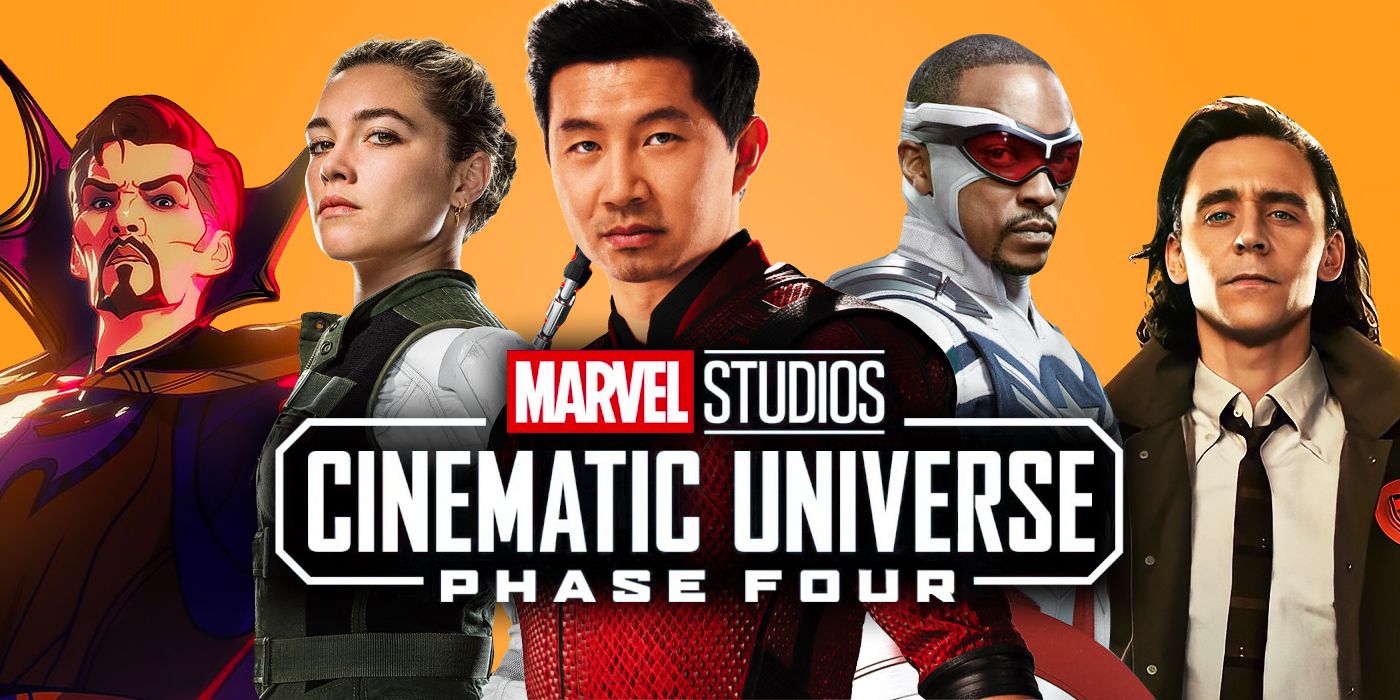
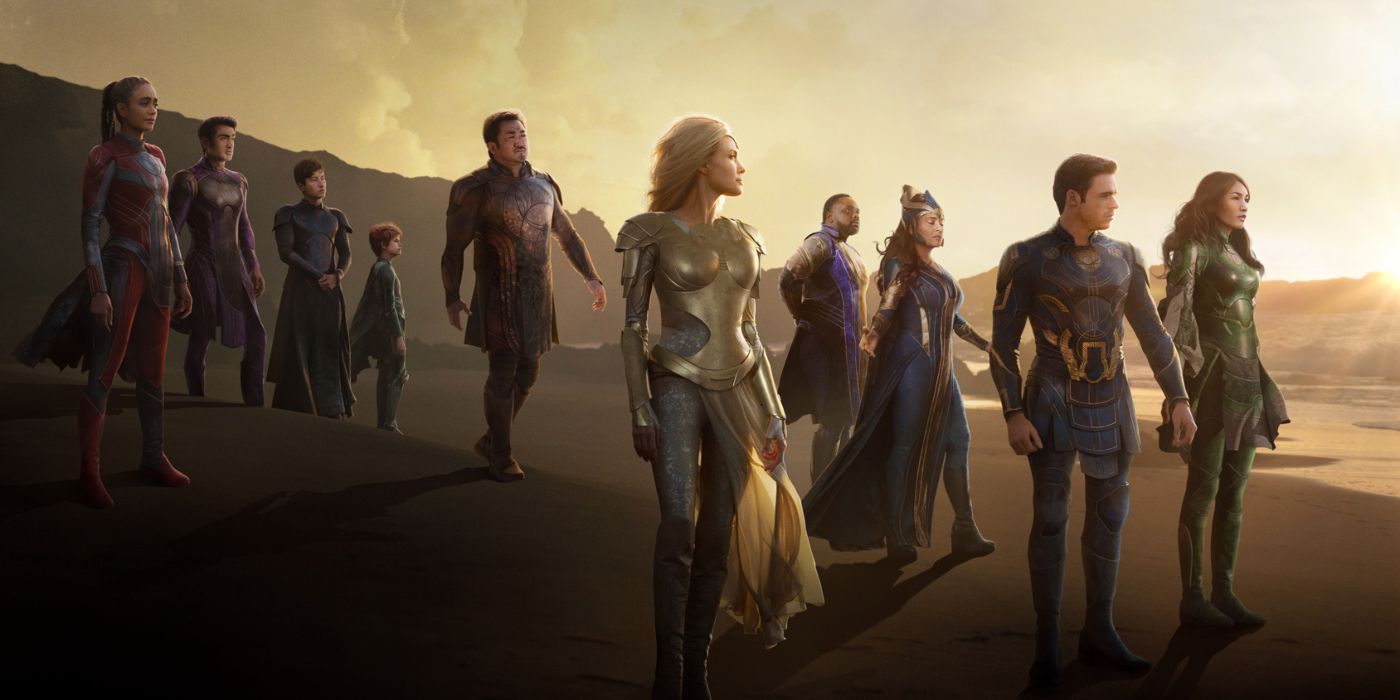
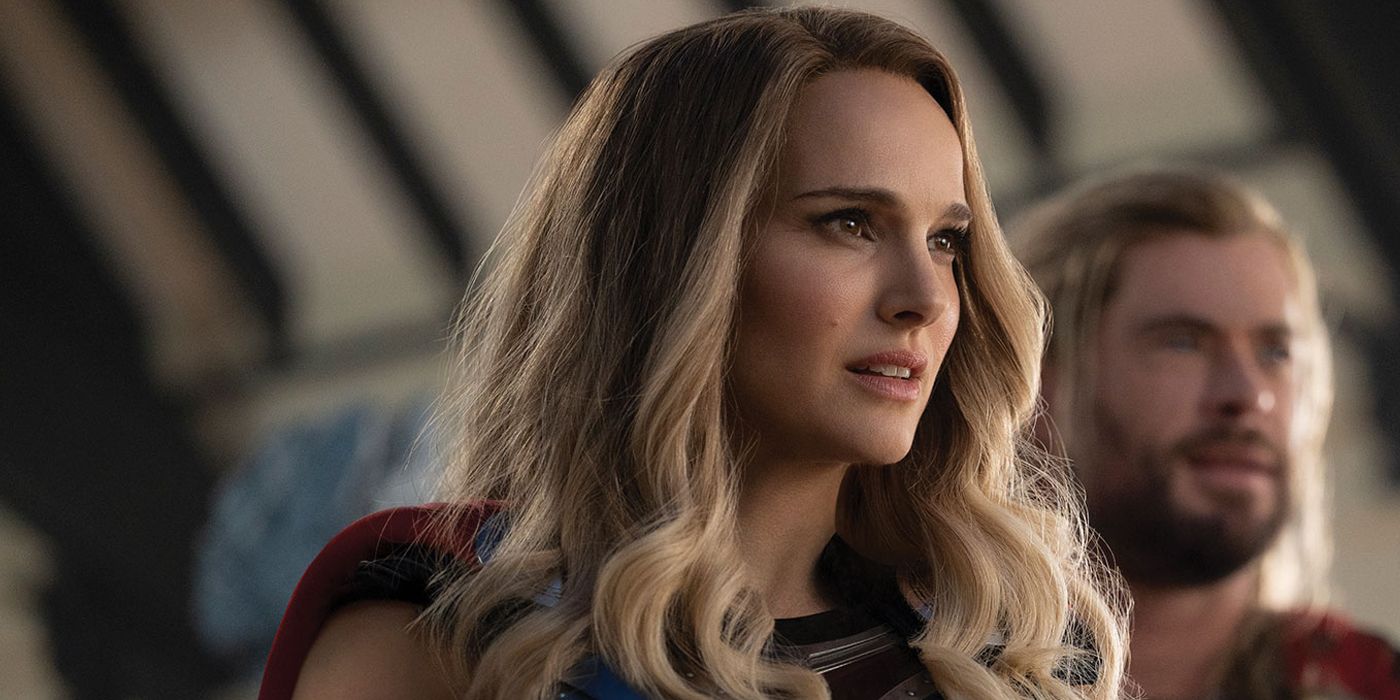
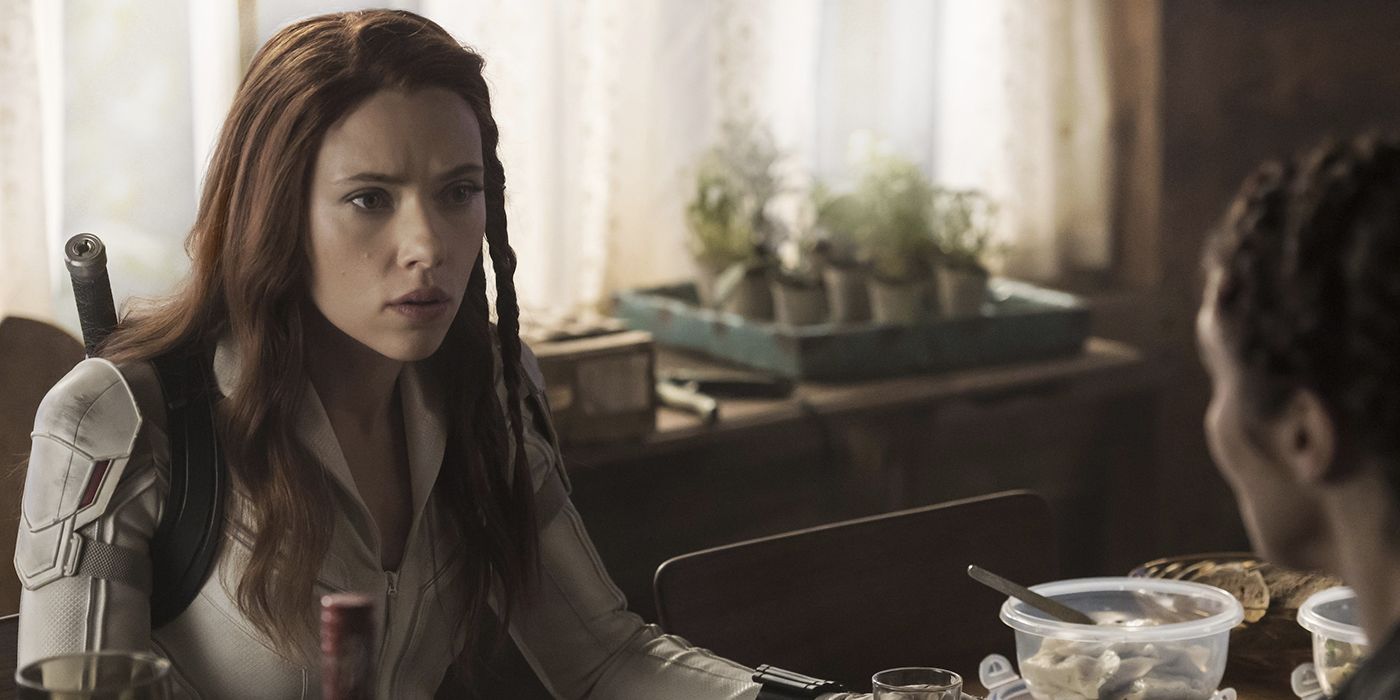
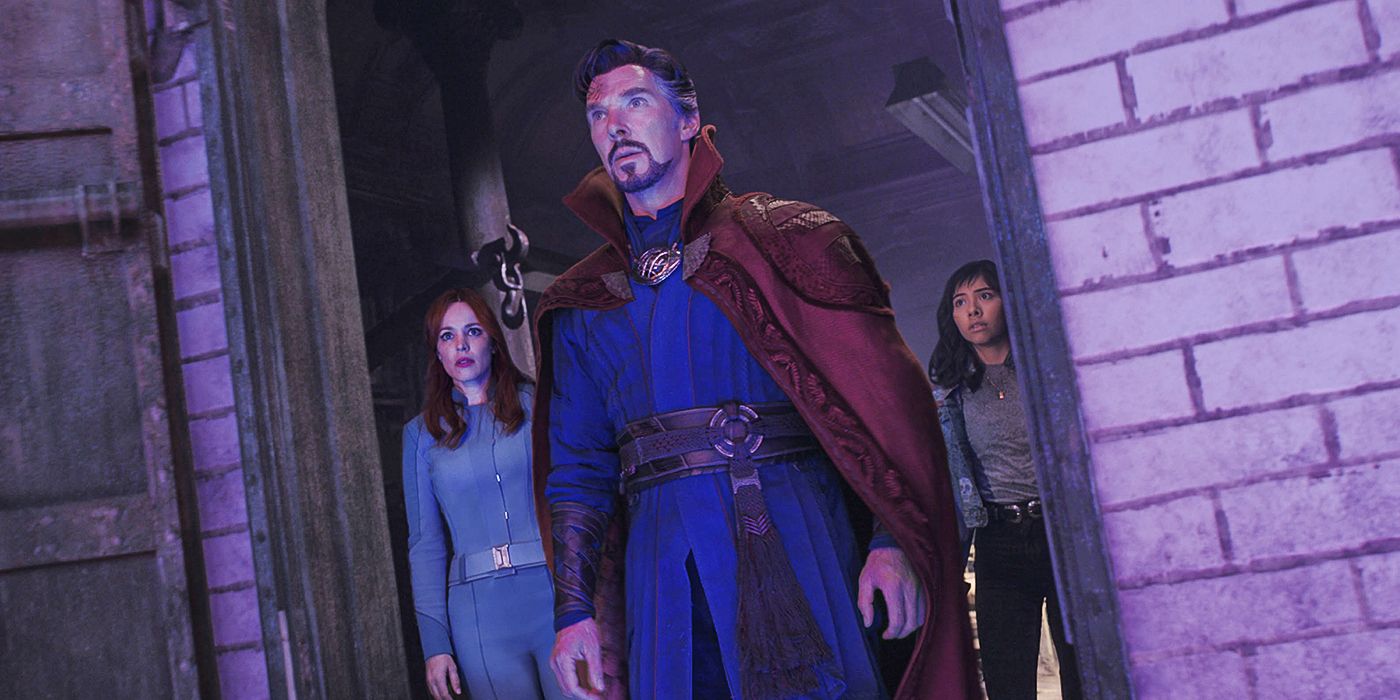
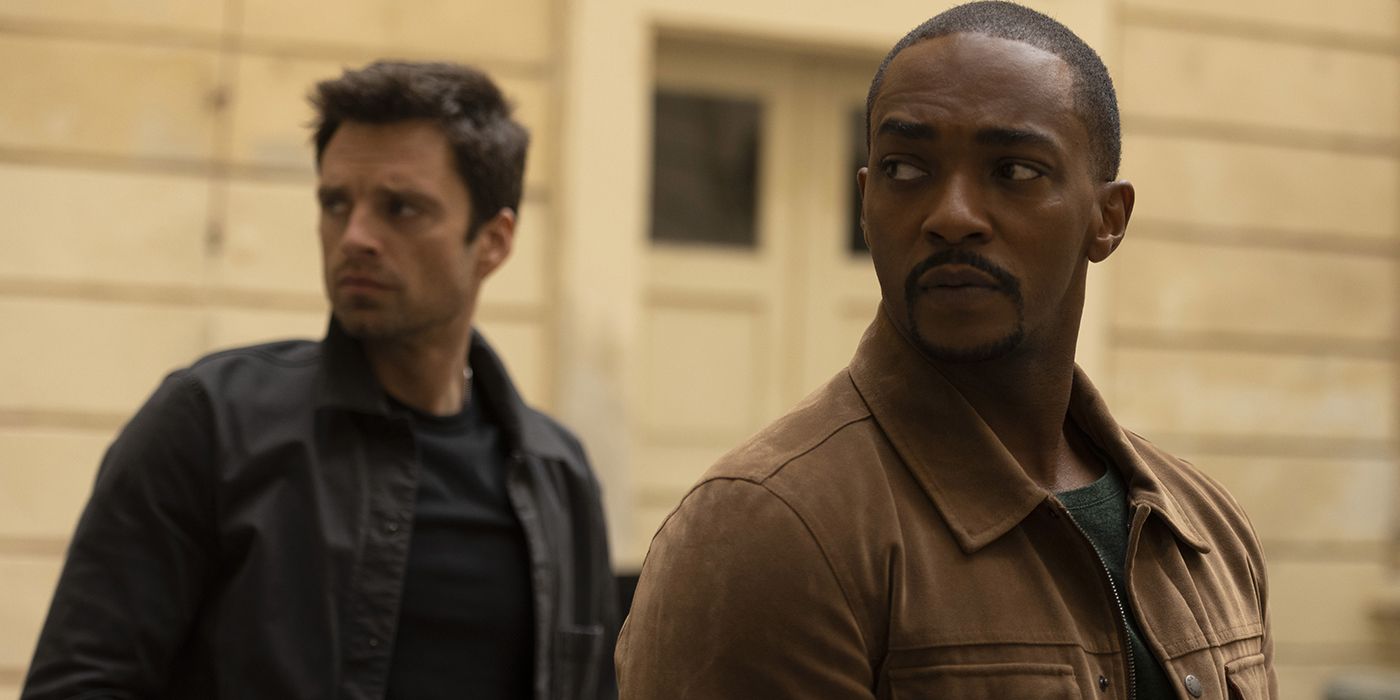
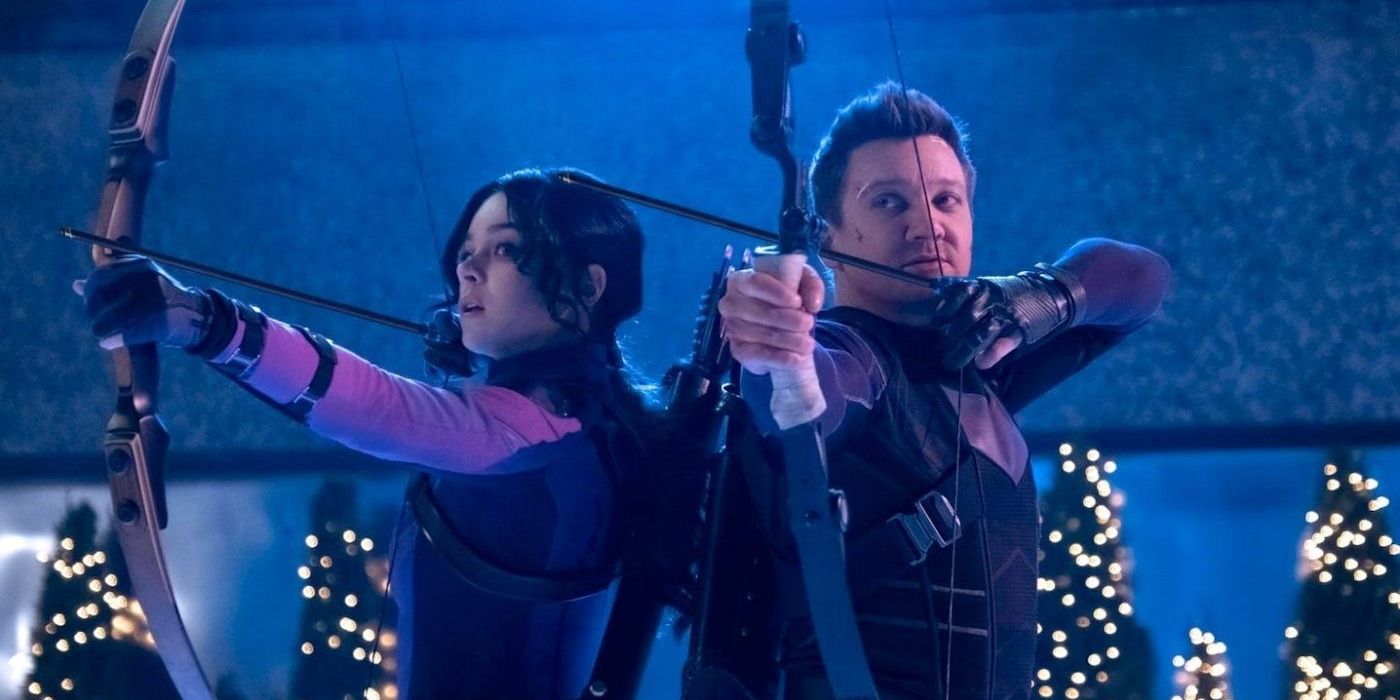
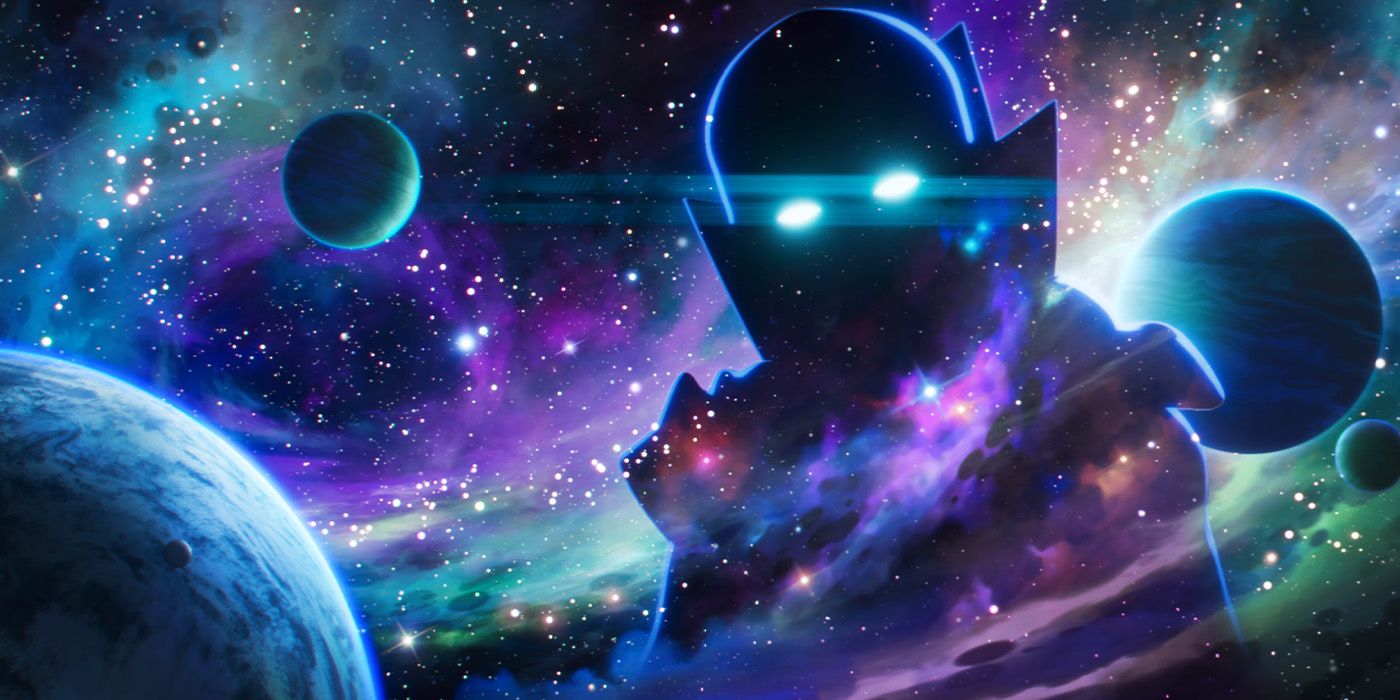
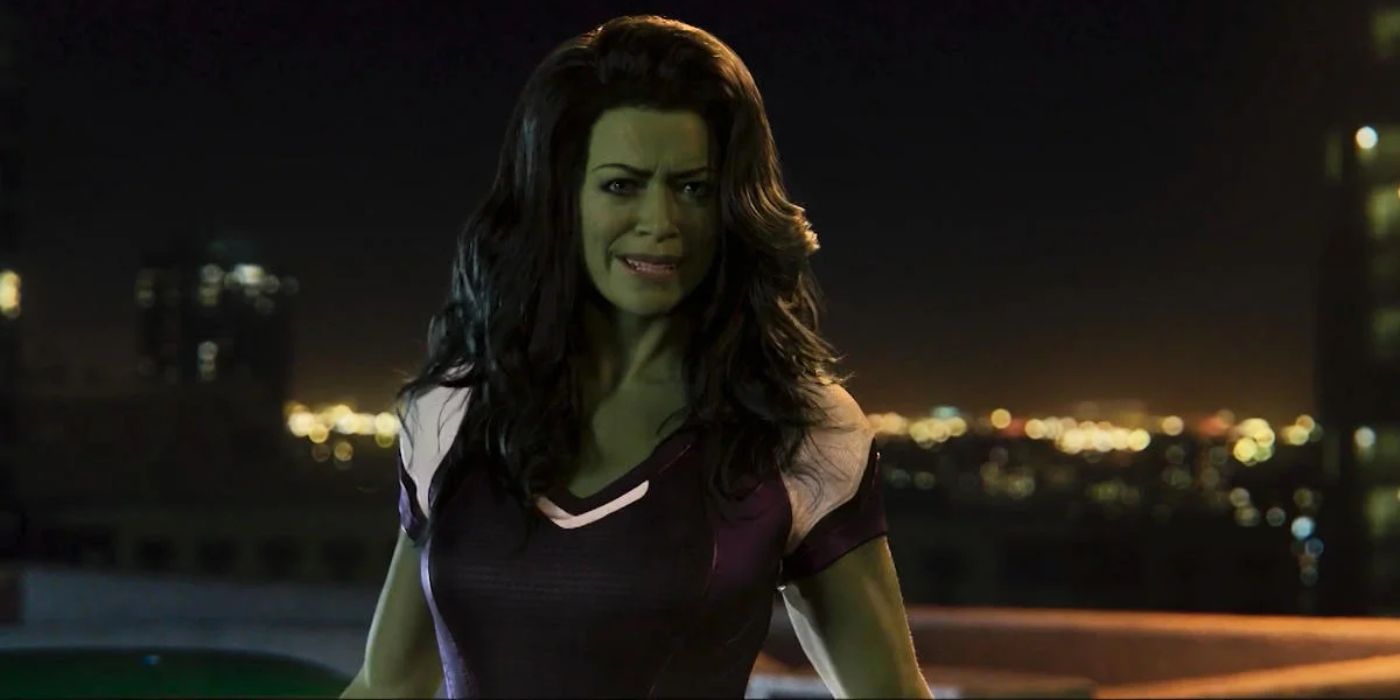
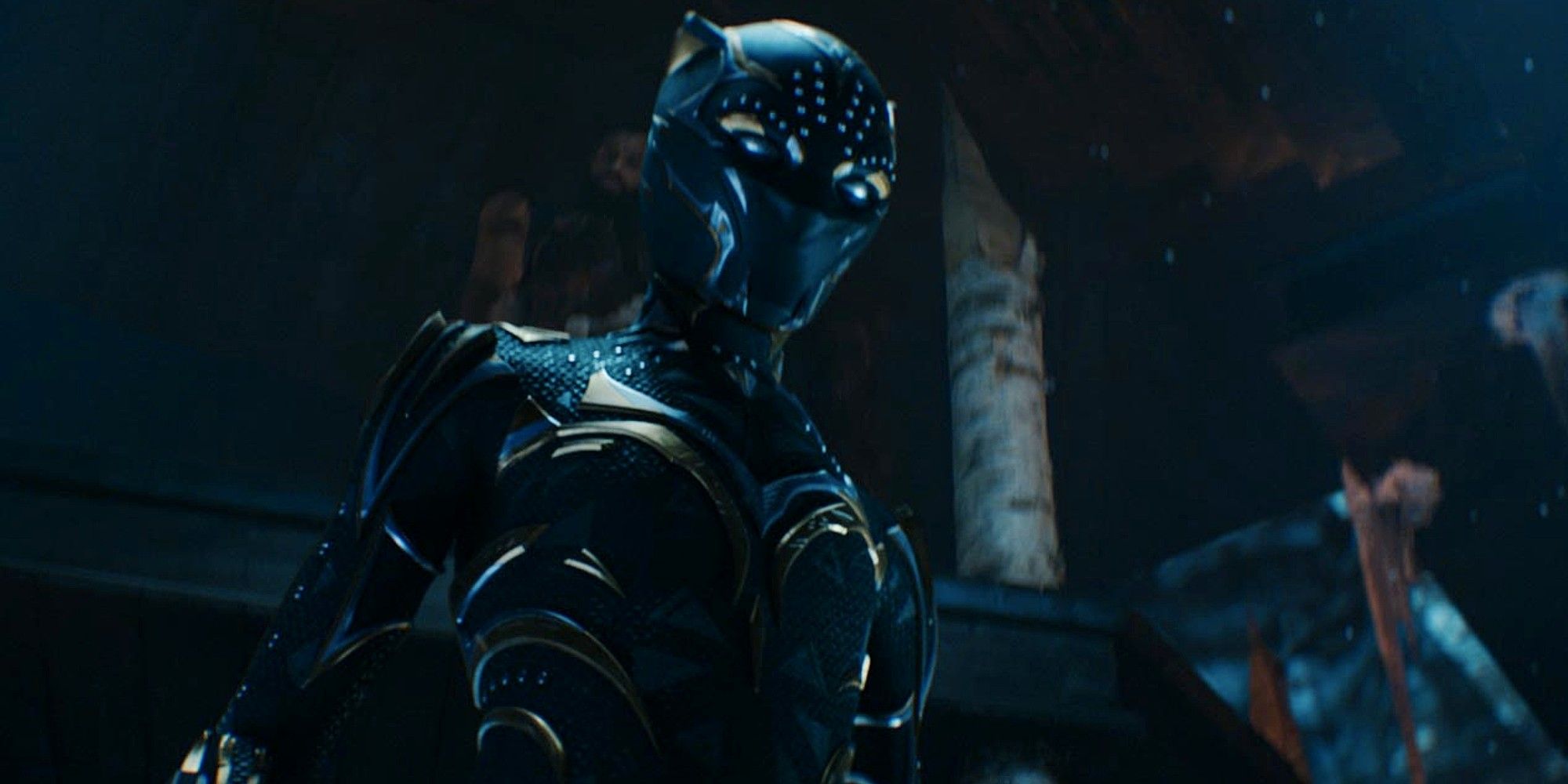
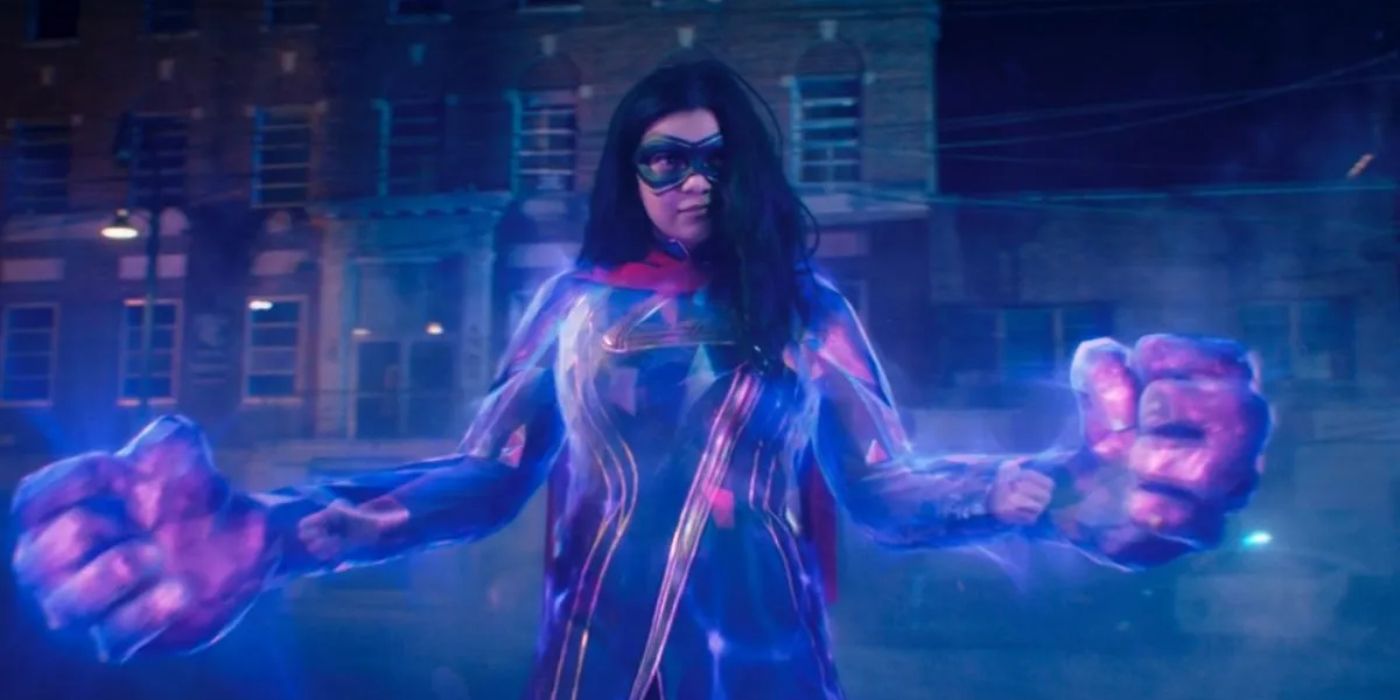
.jpeg)
